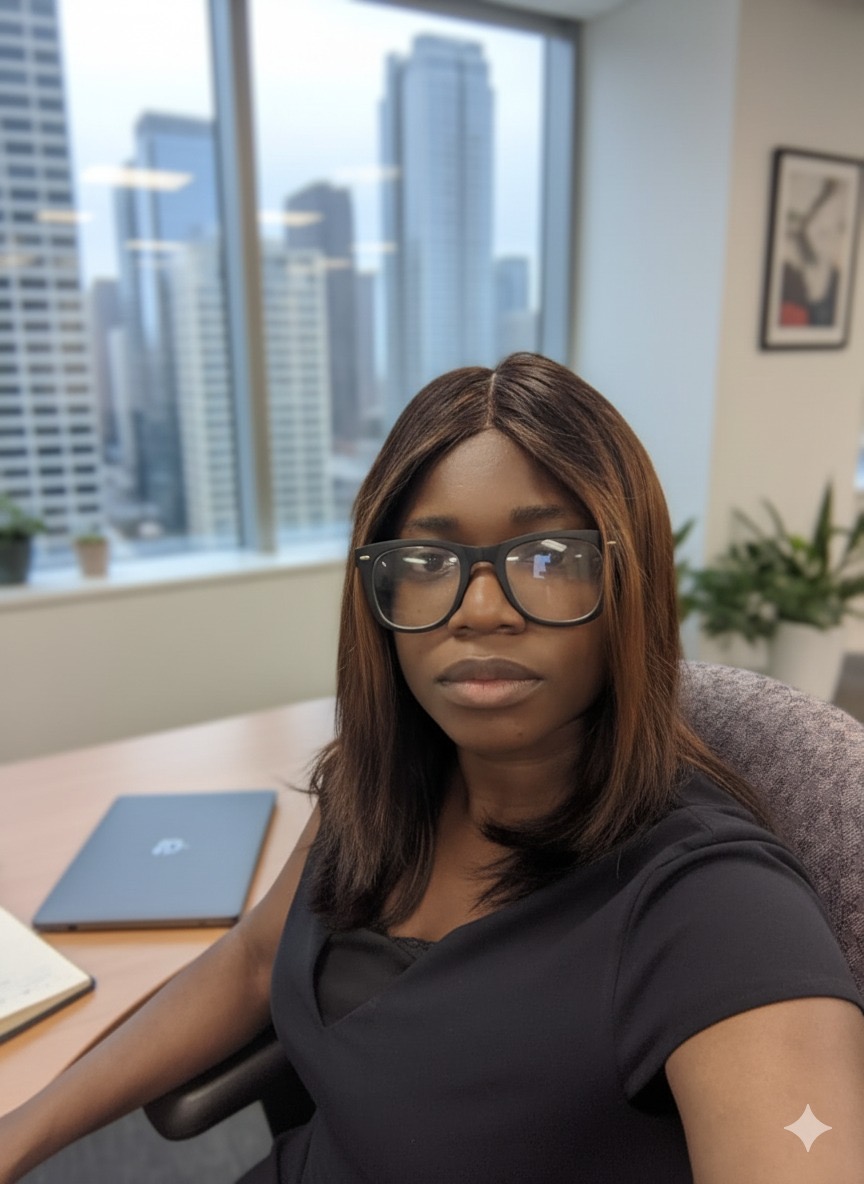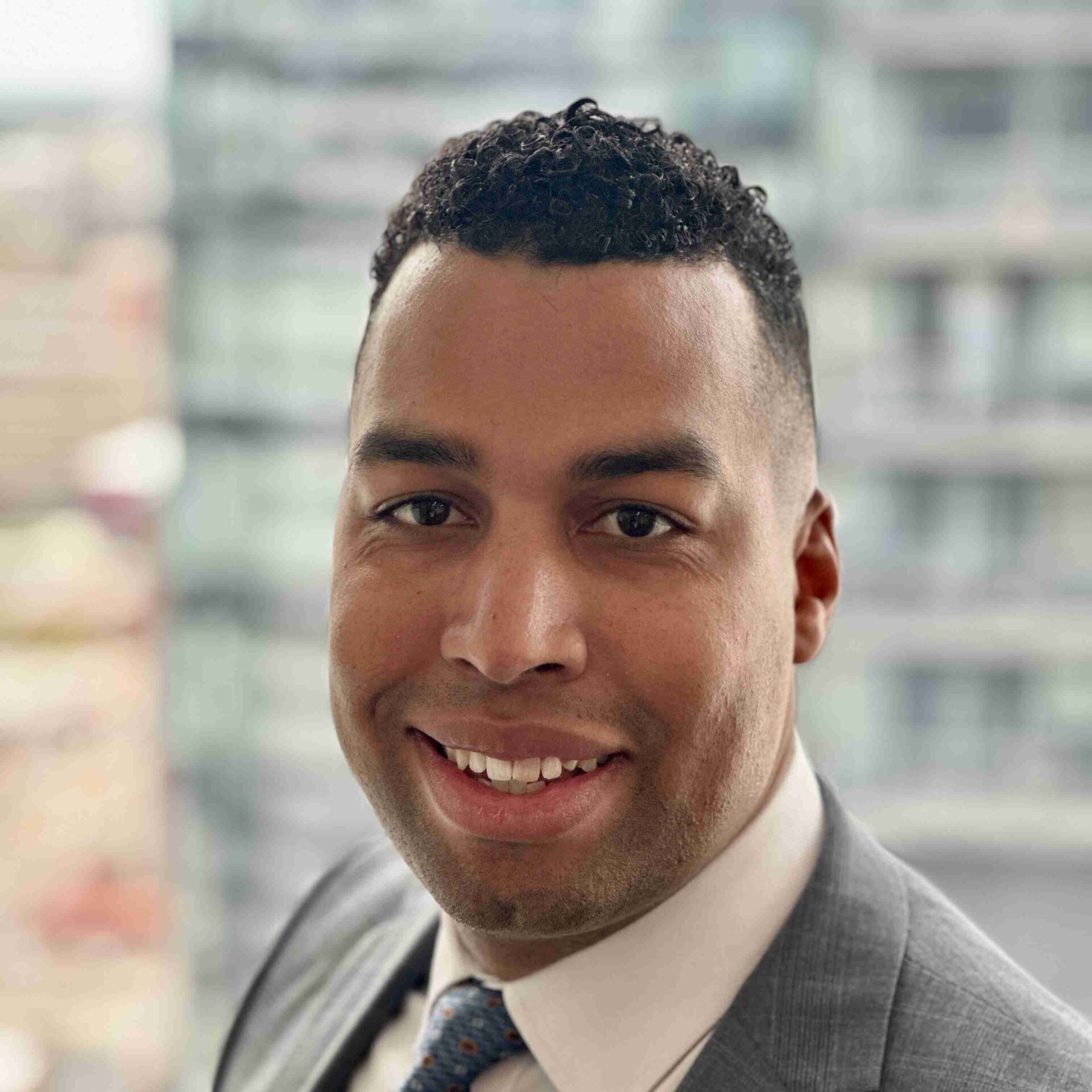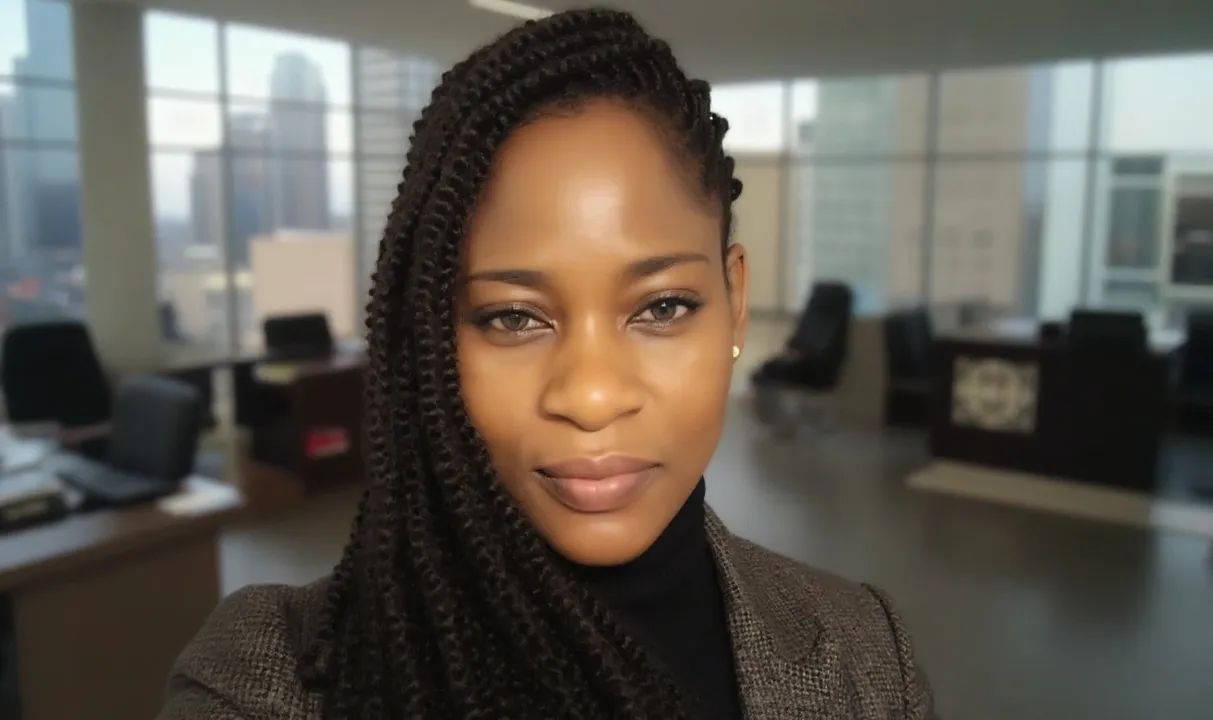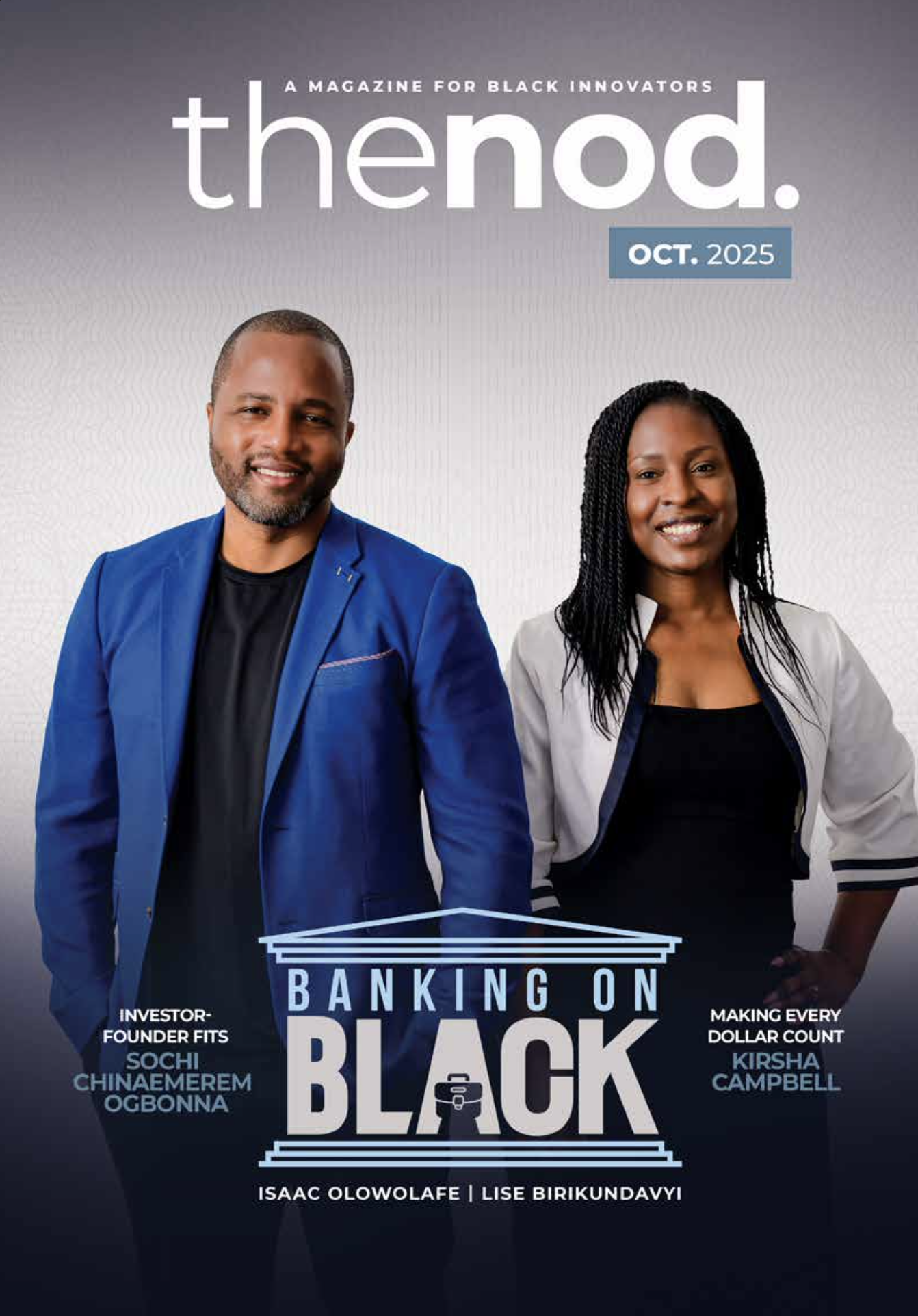I was born and raised on the vibrant island of Trinidad and Tobago, a place deeply rooted in a rich pan-Caribbean heritage. In 1969, I migrated to Canada to pursue my studies in Toronto, which marked the beginning of a transformative journey. It was in Canada that I first fully realized my Black identity, a realization that was starkly different from my experiences back home.
Growing up in Trinidad and Tobago, I was surrounded by a diverse population that shared the journey of colonial occupation. It wasn’t until I arrived in Toronto that I was confronted with the harsh realities of racism in a predominantly white society. The blatant discrimination I faced—whether in housing, education, or everyday interactions—ignited a fire in me. I became actively involved in the Black Power movement of the 1970s, which shaped my life and empowered me to stand firm in my identity.
As a child, my passion for reading and storytelling led me all the way to a master’s degree in library science with a focus on archives at Wayne State University in Michigan. My interest and career in archives stemmed from a deep desire to preserve, disseminate and tell the stories of people of colour, particularly those marginalized and overlooked by mainstream history. I have been driven by a commitment to historical and cultural preservation and community service throughout my career.
As I advanced in my career, I became more involved in mentoring young professionals, particularly women of colour, who were navigating similar challenges. Mentorship was an extension of my commitment to cultural preservation, allowing me to pass on the lessons and wisdom I had gained from my experiences. It became a critical part of my work, helping others to find their voice, understand their worth, and carve out spaces for themselves in industries where they were often underrepresented.
A Personal Reflection
As I reflect on my journey, both as a professional and as a mother, I realize that the concept of work-life balance has always been a part of my life, even if it wasn’t always labelled as such. In my earlier working years, as my career and family responsibilities expanded, there were countless conversations—both within the Black community and as a Black migrant woman—about how to strike a balance between these two worlds. These discussions were often centered around the challenges we faced, from systemic racism to the pressures of proving ourselves in a society that constantly underestimated us.
One of the key strategies that has supported my overall well-being is the ability to remain true to my passions while also prioritizing my family’s needs. I have always believed that work should not define you; instead, it should be a means to live a fulfilling life. This belief has shaped my approach to both my career and personal life.
My top wellness non-negotiable has always been maintaining open communication with my family. A near second is building a supportive network of friends and colleagues who understood the unique challenges we faced collectively. These relationships provided a space for honest conversations, where we could share our struggles and triumphs without fear of judgment.
Learning Across Generations
As I look at the younger generation, I am heartened by the progress they have made in areas such as mental health, financial stability, and overall well-being. There has been a significant shift in how these topics are approached today compared to my generation. The conversations have matured, and there is a greater emphasis on self-care and setting boundaries—something that was not always prioritized in the past. I applaud this generation for their commitment to creating a more balanced and healthy approach to work and life.
However, despite these advancements, certain stereotypes about Black career women continue to linger. The expectation that we must constantly prove our worth in the boardroom while also fulfilling traditional roles at home, is still very much alive. To move the needle and reclaim balance, we must continue to challenge these outdated notions and advocate for policies and practices that support a more equitable work environment. This includes demanding respect in professional spaces while also ensuring that we have the time and tools needed to fulfill our duties as parents, caregivers, and individuals.
Resources and Support for Newcomers
Today, there are more resources available to support newcomers than ever before. For instance, services like those created by Kelise (UpRow) and Cynthia (Sista Walk), which focus on supporting newcomers and curating spaces for wellness, are invaluable. These resources provide much-needed support for individuals who are navigating the challenges of a new country while trying to maintain their well-being. When I first migrated, such resources were scarce, and we had to rely heavily on our own resilience and the support of our immediate communities.
In addition to these formal resources, the importance of informal networks cannot be overstated. For many newcomers, including myself, finding community among others who shared similar backgrounds and experiences was crucial in easing the transition to a new country. These networks provided not only practical support but also a sense of belonging and cultural continuity, which were vital in maintaining mental and emotional well-being.
Looking Back, Moving Forward
My journey has been one of growth, resilience, and a deep commitment to both my professional and personal life. I have always believed that it is possible to achieve a work-life balance, but it requires intention, support, and a willingness to challenge the status quo. As I continue to navigate my path, I remain dedicated to preserving and disseminating the stories and heritage of my community, while also ensuring that I am present for my family and myself. This self-empowered balance, though challenging, is what ultimately leads to a fulfilling and meaningful life.













